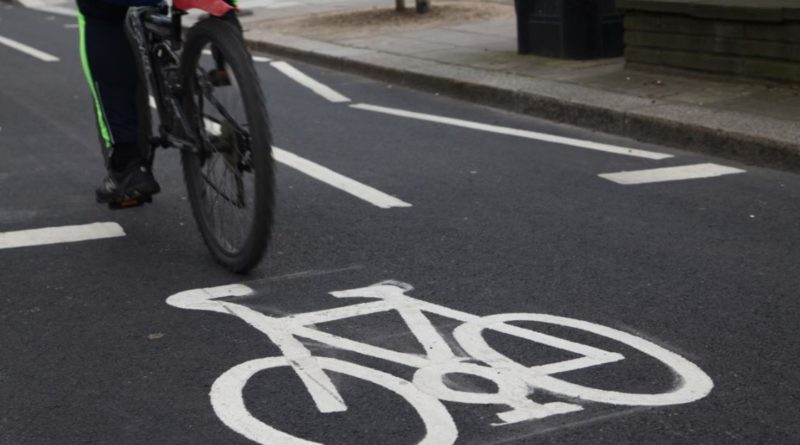Crucial decade for climate change: ‘Rapid switch to electric cars and more cycling needed’
Urgent changes are needed to globally limit global warming to 1.5°C and benefit people and ecosystems, including a big shift in how we get around. That’s according to the IPCC (Intergovernmental panel on climate change) which has produced a new government-approved report ahead of the Paris Agreement review at the Katowice Climate Change Conference in December.
Limiting global warming to 1.5°C (rather than 2°C) would require rapid, far-reaching and unprecedented changes in all aspects of society, the IPCC said.
“One of the key messages that comes out very strongly from this report is that we are already seeing the consequences of 1°C of global warming through more extreme weather, rising sea levels and diminishing Arctic sea ice, among other changes,” said Panmao Zhai, Co-Chair of IPCC Working Group I.
Jim Skea, Co-Chair of IPCC Working Group III added that: “Limiting warming to 1.5°C is possible within the laws of chemistry and physics but doing so would require unprecedented changes.”
The report highlighted a number of climate change impacts that could be avoided by limiting global warming to 1.5°C compared to 2°C, or more. For instance, by 2100, global sea level rise would be 10 cm lower with global warming of 1.5°C compared with 2°C. The likelihood of an Arctic Ocean free of sea ice in summer would be once per century with global warming of 1.5°C, compared with at least once per decade with 2°C. Coral reefs would decline by 70-90 percent with global warming of 1.5°C, whereas virtually all (> 99 percent) would be lost with 2°C.
To hit the target, global net human-caused emissions of carbon dioxide would need to fall around 45% from 2010 levels by 2030, reaching ‘net zero’ around 2050.
“The solutions are already here”
Expert reaction to the special report tackled how global governments can respond.
Prof Corinne Le Quéré FRS, Director of the Tyndall Centre for Climate Change Research at the University of East Anglia, said: “The report provides an incredibly detailed picture of the risks of a warming planet and how they grow as the warming intensifies.
“The message could not be clearer. Widespread, concerted and sustained action across the economy is needed to cut carbon emissions down to zero and limit the risks of a warming climate.
“For the UK, this means a rapid switch to renewable energy and electric cars, insulating our homes, planting trees, where possible walking or cycling and eating well (more plants and less meat), and developing an industry to capture carbon and store it underground. It also means adapting to the growing impacts of climate change that are felt here, particularly to the increasing flood risks from heavy rainfall and from sea level rise along our coasts.
“The solutions are already here.”
The IPCC’s special report cited more than 6,000 scientific references, 91 authors and review editors from 40 countries.



